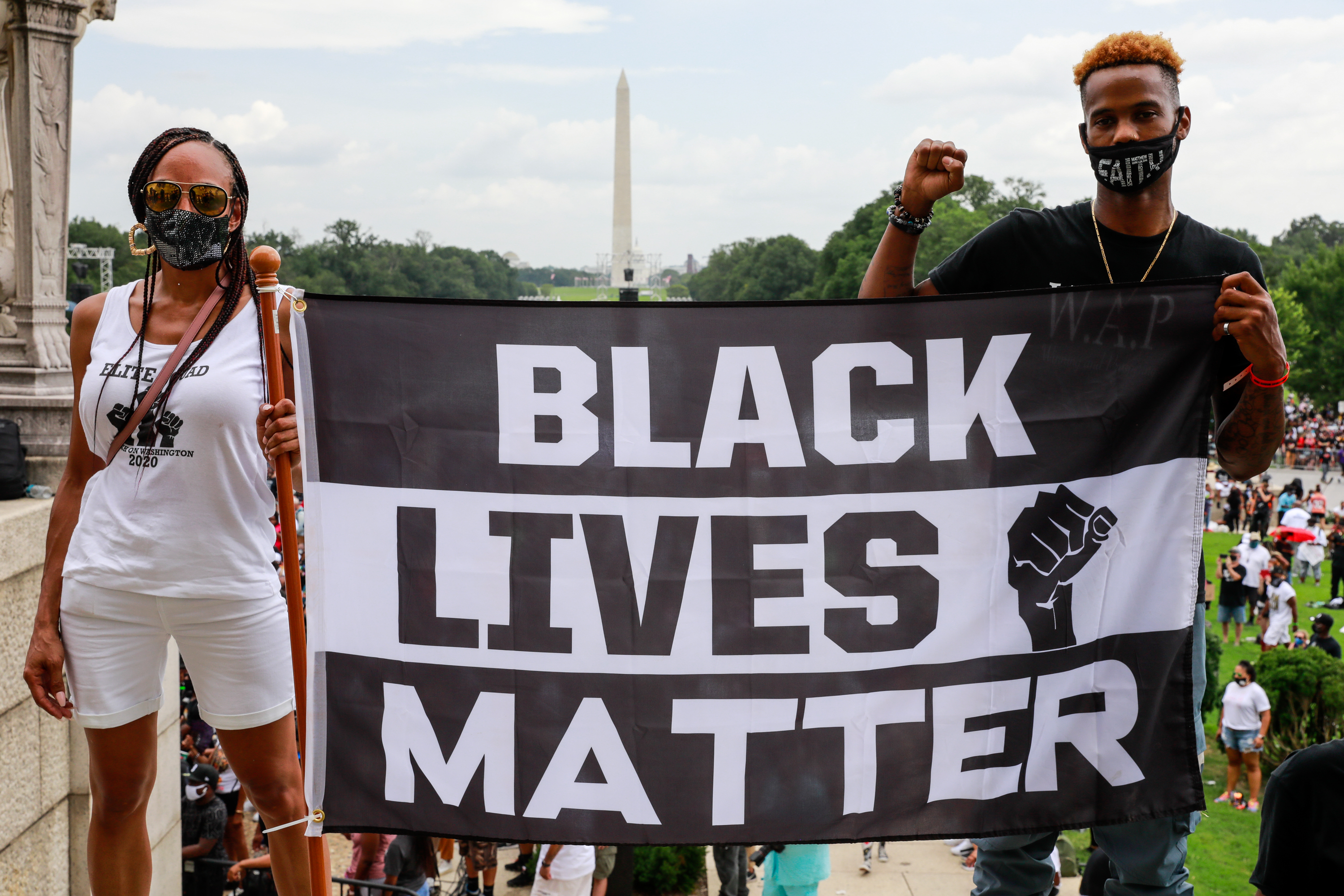The positive response to a one-credit class on Anti-Black Racism that the University of Connecticut offered in the fall 2020 semester has resulted in the class being offered again in the spring 2021 semester.
The free course saw a fall enrollment of 1,450 undergraduate students, 125 graduate students, and 625 staff and faculty.
The class, which is offered online, is known as a “pop-up” course – one that is created quickly based on events as they unfold. This class was developed in response to the unrest that developed last summer following the killings of George Floyd and Breonna Taylor and the challenges that still confront Black people in the United States.
UConn also offered a “pop-up” class in the spring 2020 semester on the COVID-19 pandemic and its ramifications from a social, business, and science perspective. Other subjects are being considered for “pop-ups” in the future.
“The ability to pivot quickly and offer classes like this is what great research universities like UConn do,” says Associate Vice Provost for Teaching and Learning Peter Diplock. “In the cases of both the Anti-Racism and COVID-19 courses, we were able to offer a multi-disciplinary class taught by faculty who are multi-disciplinary subject matter experts in a way that was of service to the entire university.”
The Anti-Black Racism course introduces students to foundational history and concepts related to systemic and anti-Black racism. It also exposes those enrolled to foundational concepts related to Black consciousness, Black resistance, Black resilience, and intersectional solidarity.
While anti-Black racism and Black identities are global phenomena, this course focuses particularly on the context of the United States. In addition, the course introduces students to resources at UConn to continue their study and development in understanding and potentially disrupting anti-Black racism for the collective good.
“This topic is unfortunately timeless as anti-Blackness is something our country has grappled with for generations, and unfortunately is still a reality today,” says Milagros Castillo-Montoya, assistant professor of higher education and student affairs in UConn’s Neag School of Education. She serves as a faculty coordinator of the class along with assistant professor of communication Shardé Davis and associate professor of sociology and Africana studies David Embrick.
“We have this opportunity right now to step up and not only just acknowledge that anti-Blackness exists, but engage in the responsibility of learning more to debunk our own assumptions, biases and stereotypes and understand where the gaps are for learning so we can continue to build the capacity to learn more,” says Castillo-Montoya. “One class is not going to solve it all, but it can begin to open the door for things we might or might not have known before.”
A unique feature of this class, and other “pop-ups,” is that it is taught in modules by faculty from across UConn’s multiple colleges and schools. It provides students exposure to professors and perspectives outside their own major that they may have never come across otherwise.
“There’s that stereotype that all professors are Caucasian,” says Gabriela Velazquez ’24 (CAHNR), a student at UConn Waterbury who took the course. “So, when I got a glimpse of a Spanish professors and a Black professor, I was so happy. To someone that is not a person of color, it seems like something small, but when you are a person of color and you have that representation it means a lot. When I saw a Spanish professor give a lecture in one of the modules, I was so inspired.”
Embrick valued being part of the course because it introduced him to a number of faculty members for the first time.
“As a racism scholar, I already teach courses like this at the undergraduate and graduate levels,” says Embrick. “This course was particularly important to me in that it showcased the range of scholars we have at UConn and their perspectives and voices on anti-Blackness and anti-Black racism.”
Castillo-Montoya hopes the course exposed student to resources that exist on campus that students can use in the future.
“The University of Connecticut already has really great resources that focus on anti-Blackness,” says Castillo-Montoya. “It has amazing faculty who teach fantastic classes that focus on the subject. We have cultural centers and institutes. One of the things we did in each of the nine modules was to spotlight UConn resources that related to the topic we just covered.
“As a coordinator of this class, I felt completely invigorated to be a member of the University of Connecticut. I did not know how it was going to turn out. But, I am so excited that we have a University leadership right now that removed all barriers to make happen. I feel like I am at a university that is not just talking the talk, but really engaging in the hard work we need to do and investing the time, money, and resources of all sorts to make change happen.”
The nine-week course began on Tuesday, Jan. 19, and ends on March 21. Students with less than 24 earned credits should enroll in UNIV1985, and students with more than 24 earned credits should enroll in UNIV3985. Faculty and staff can enroll directly in the non-credit version of this course directly through HuskyCT. Students can enroll up until the end of add/drop period.



